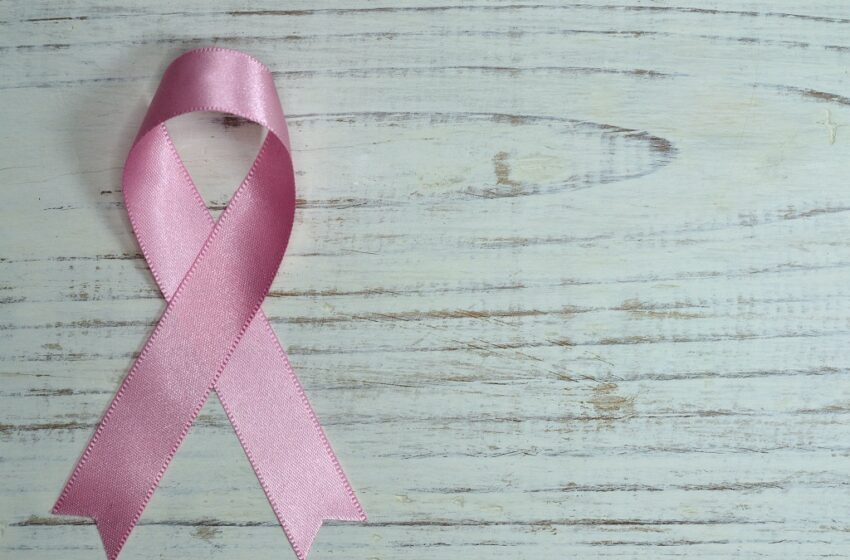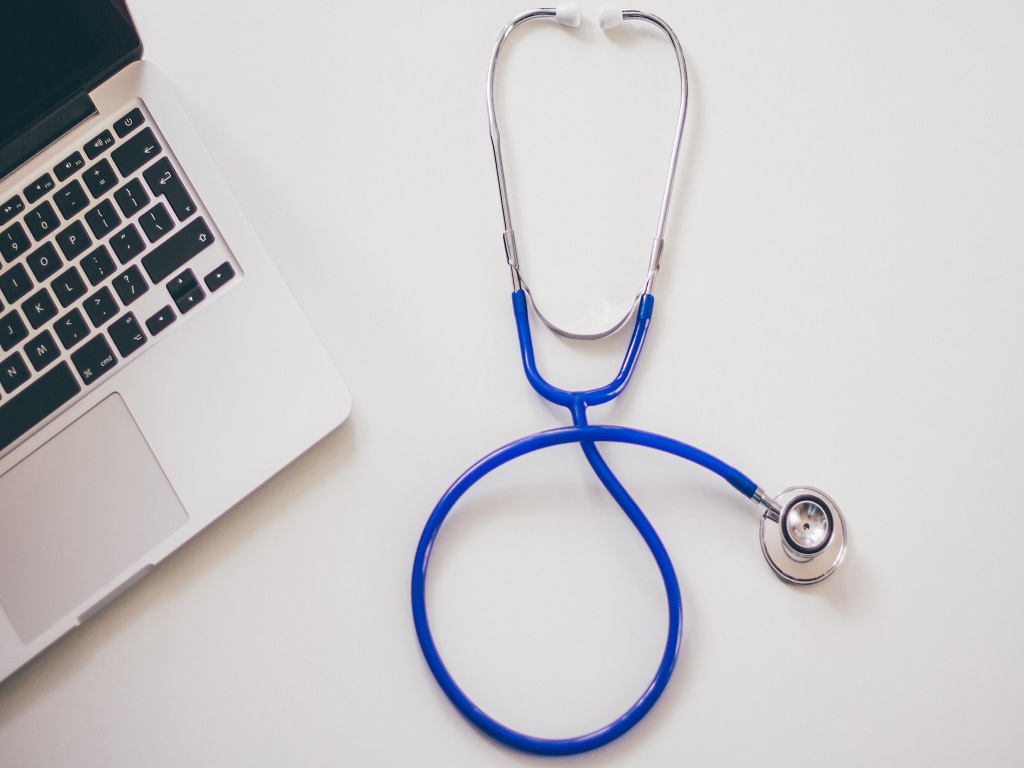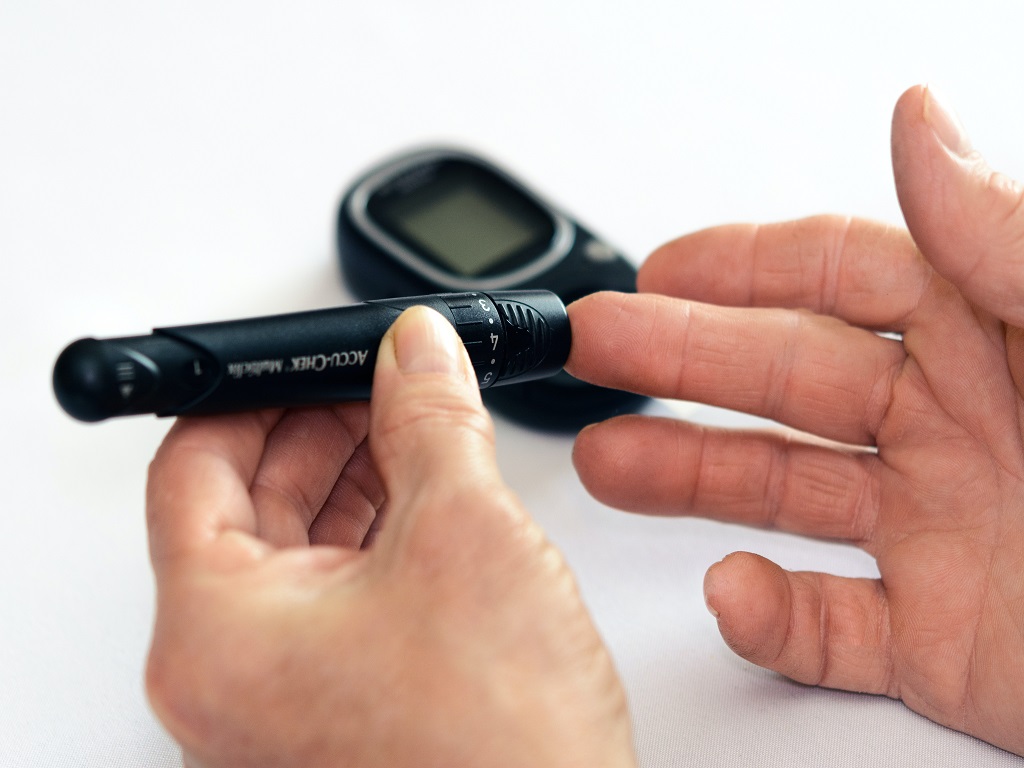
Understanding Cancer Risk
Cancer is caused by a series of genetic mutations in our cells. These mutations can cause normal healthy cells to act abnormally, and sometimes, become cancerous. Cancer is a very complex disorder. Its origins are varied and many of the causes still remain unknown. The reason for this is that it can affect any tissue in the body at any time in life. It can cause problems as diverse as skin rashes, prostate cancer, multiple sclerosis, and breast cancer. Also, cancerous cells behave differently in different people.
Knowing the risk factors for cancer can help you identify your own personal risk of getting cancer. This can help people make better decisions about their health and take steps to decrease cancer risk.
Understanding Risk Factors
A cancer risk factor doesn’t directly cause cancer. Some people with multiple cancer risk factors never develop cancer and others with no known risk factors do.
It’s very important to understand your risk factors and talk about them with your health care team. Doing this can help you make better lifestyle choices and improve your health.
General risk factors for cancer include:
-Older age
-Alcohol
-A personal or family history of cancer
-Using tobacco
-Obesity
-Some types of viral infections, such as (HPV)
-Specific chemicals
-Exposure to radiation, including UV from the sun
Some cancer risks can be avoided by stopping risky behaviors. These include using alcohol and tobacco, being overweight, and getting sunburns.
Risk Factors and Cancer Screening
Understanding your risk for cancer can help your health care team decide whether you could benefit from:
-A cancer screening test
-A screening test at an earlier age
-Routine screening
-Surgery or medication to lower your cancer risk
Questions to Ask Your Health Care Team
Bring up these questions about cancer risk:
-What risk factors do I have?
-How do they affect my risk of developing cancer?
-What’s my chance of developing cancer in the next 5 years?
-How can I lower my risk of cancer?
-What cancer screening tests do you recommend?
-How often should I have cancer screening tests?
Once you have the answers to these questions, work on a plan with your doctor to actively reduce your risk of developing the disease.



